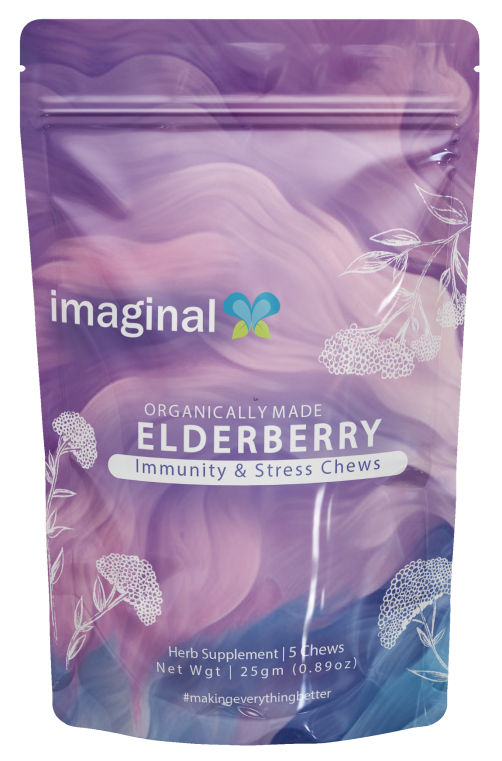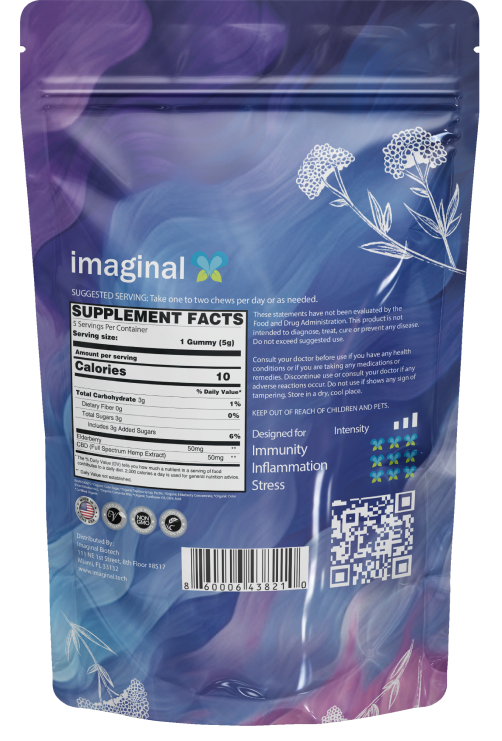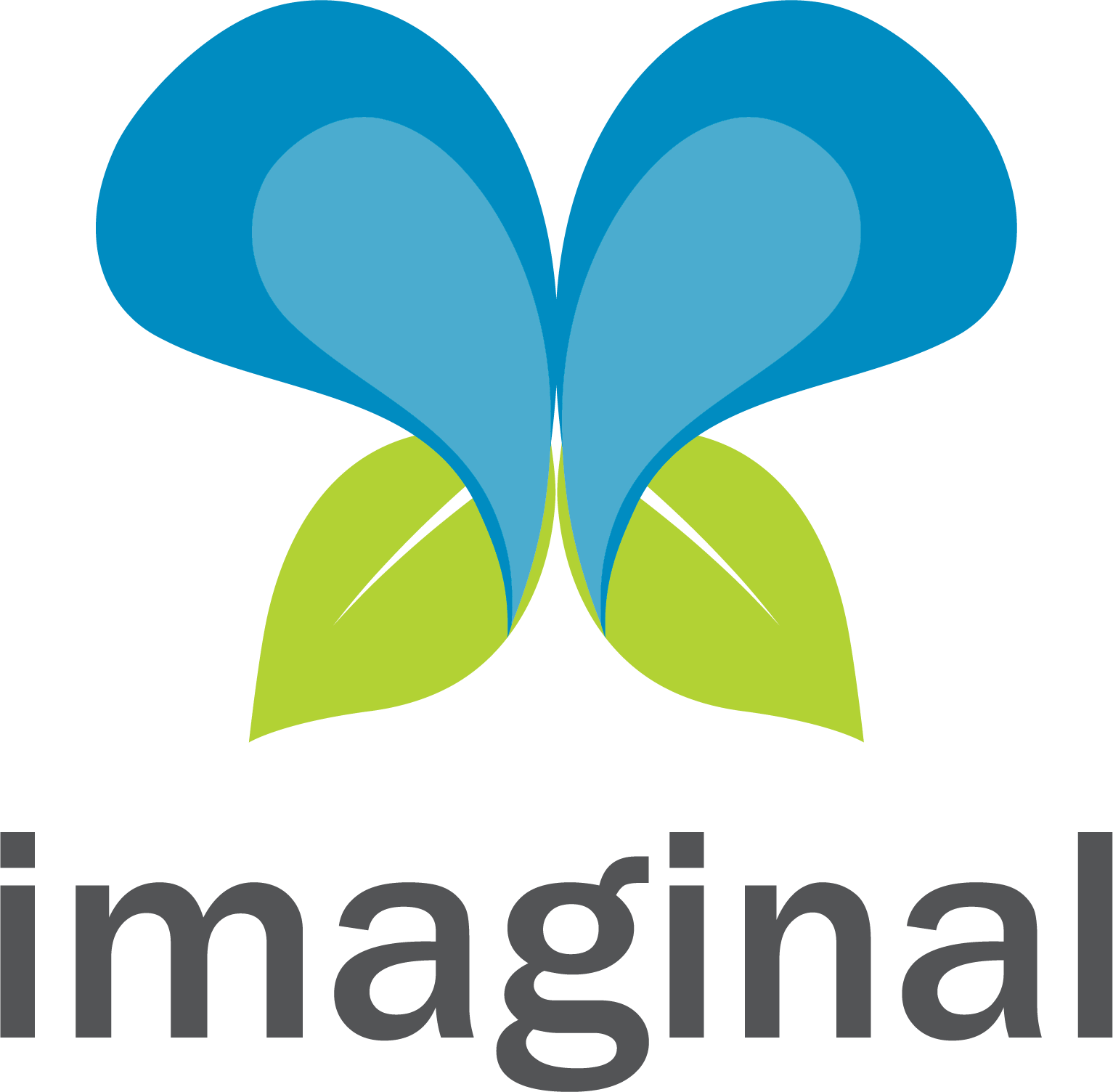According to the American Psychiatric Association, ADHD affects over 2.5% of adults and a staggering 8.4% of children.
The impact of this disorder, characterized by symptoms like poor school performance and unsuccessful emotional control, often persists into adulthood. This makes it crucial to get treatment. And that’s where cannabidiol (CBD) comes in.
CBD is a compound extracted from the cannabis plant. It’s thought to improve impulse control, regulate emotions, decrease anxiety, and increase focus. But is this true? Or is it marketing hype?
Let’s separate fact from fiction when it comes to CBD’s potential benefits for people with ADHD and understand whether it can actually work for them.
What Is ADHD?
Attention deficit hyperactivity disorder (ADHD) is a neurodevelopmental syndrome characterized by persistent inattentiveness, increased impulsivity, and hyperactivity that interferes with functioning.
People with ADHD often experience educational difficulties and have strained interpersonal relationships, including friendships or marriages, which may increase the risk of self-harm, antisocial personality disorder, substance misuse, and affective disorders.
CBD for ADHD: What Is It?
Cannabidiol (CBD) is a compound found in the hemp plant. It’s non-addictive, meaning it won’t make you feel “stoned” or “high,” unlike its well-known counterpart, tetrahydrocannabinol (THC).
CBD decreases anxiety, induces calm, and regulates movement, sensory perception, memory, and cognitive abilities by interacting with cannabinoid receptors. While randomized clinical trials studying the treatment of ADHD patients with CBD are few, early studies still show promise.
What Are the Benefits of Using CBD for ADHD Symptoms?
While research on CBD specifically for ADHD is still limited, there are several potential benefits reported by anecdotal evidence and preliminary studies. Let’s take a look at them below:
1. Improved Focus and Attention
CBD may help enhance focus and attention span, which are often impaired in individuals with ADHD.
For instance, in a 2022 case report, three patients added cannabis to their treatment regimen and reported substantial improvements in focus and quality of life. They could better keep their emotions in check and get (and excel) at a new job while taking more responsibility.
2. Reduced Hyperactivity and Impulsivity
CBD has shown promise in reducing hyperactive and impulsive behaviors commonly associated with ADHD. For instance, according to a self-reported 2013 study in Substance Use and Misuse, participants experienced severe ADHD symptoms, such as impulsivity and hyperactivity, when not taking cannabis.
Similarly, another study suggests CBD users may experience an improvement in core ADHD symptoms like hyperactivity, impulsivity, and inattentiveness by taking CBD over a period of six weeks.
It also implied that CBD might initiate promising improvements in ADHD symptoms without any cognitive effects. However, further research is needed to fully understand CBD’s impact on people with ADHD.
3. Anxiety and Stress Relief
Many people with ADHD experience anxiety and high stress levels, which can exacerbate their symptoms. CBD has been reported to have anxiolytic properties, meaning it may help reduce feelings of anxiety and promote a sense of calmness.
For instance, a recent case report published in Medical Cannabis and Cannabinoids suggests CBD users may experience a significant drop in anxiety (up to 33%) and an increase in emotional regulation (22 to 78%), which may reduce hyperactivity and impulsive behavior.
Similarly, a 2019 meta-analysis suggests CBD may improve ADHD symptoms and anxiety. However, there’s low-quality evidence to support this claim, so further research is needed.
What Should You Consider Before Using CBD?
While there is evidence of the benefits of CBD for people with ADHD, you should consider the following before using it:
1. Legality
Althoug
nnabis is legal in 25 states, with an additional 17 allowing the use of medical products low in THC (less than 0.3%) but high in CBD, it’s still classified as a Schedule I substance. This makes it illegal to give to children.
However, it’s essential to recognize that laws about the medical use of cannabis can vary from state to state. So, you should check and understand your state’s regulations before purchasing CBD.
2. Safety
While CBD is considered safe, it can have side effects like nausea, lightheadedness, drowsiness, decreased appetite, male reproductive toxicity, diarrhea, liver damage, or medication interactions.
It’s also worth noting that combining CBD with sleep-inducing medicines can cause a loss of balance, increasing the risk of accidents and falls. So, if you’re on medications and want to try CBD for your ADHD symptoms, talk to your doctor first.
3. Label Inaccuracy
Many edibles, gummies, and oils have less CBD than advertised, with a 2017 study finding that out of the 84 CBD products tested, only 26 correctly listed the CBD concentration and that 17 samples contained THC.
Similarly, another study at UW Madison analyzed the contents of 39 CBD transdermal patches, oils, and beverages. It found that only six (15.4%) products were accurately labeled. This makes it crucial to look at a product’s certificate of analysis (CoA) before buying it and trusting only reliable brands.
How Much CBD Should You Take for ADHD?
CBD dosage is influenced by factors like body weight, individual tolerance, symptom severity, and the type of CBD product being used. So, coming up with a definite dosage is challenging. However, you can take 2.5 to 10 mg daily to alleviate symptoms of ADHD.
Also, try to use CBD oil if you can. While it has a grassy flavor, it comes with the highest absorption rate among CBD products: 20 to 30%. You can add it to smoothies, cold soups, or juices to dull its taste.
How to Use CBD for ADHD?
CBD comes in several forms, such as:
1. CBD Oil
CBD oil comes in small dropper bottles and allows for good absorption into the bloodstream. However, they’re strong tasting, which may put off some people.
Here’s how to use them:
- Use the dropper to measure your desired amount.
- Place the oil under your tongue and hold it there for 60 seconds before swallowing. This enhances the bioavailability — how much CBD is absorbed — of the oil.
Aside from that, you can use CBD oils using a vape pen. Here’s what to do:
- Fill your vape cartridge with CBD juice or vape oil.
- Attach the cartridge to the vape pen.
- Press a button to activate the vaporizer.
- Inhale the vapor slowly and deeply into your lungs for maximum effect.
2. Edibles
Edibles like capsules and gummies are pre-dosed, making them easy to use. Plus, they’re flavored and have a higher bioavailability, which means they taste better and have a faster absorption rate than topicals.
You should take one gummy per day or whenever you’re feeling jittery. You can go higher if you want. Just make sure to read the instructions on the packaging before doing that.
3. Transdermal Patches
Transdermal patches deliver CBD through the skin. However, they’re slow and have a bioavailability lower than 1%, which makes them nearly useless for people with ADHD. But if you’re just starting out and CBD oils scare you, here’s how to use these patches:
- Clean and dry the area where you plan to apply the patch.
- Carefully remove the protective backing and apply the patch, making sure it sticks to your skin.
- Leave the patch on for the recommended duration (on the packaging).
- Remove the patch after it's worn out.
CBD for ADHD: Final Words
CBD shows promise as a potential treatment option for people with ADHD. It may improve focus and attention, reduce hyperactivity, and provide stress relief, according to preliminary and anecdotal research.
However, while it’s considered safe, CBD may have mild to severe side effects, especially if you’re taking medications. And the inconsistent accuracy of CBD product labeling can make getting the appropriate dose — without overdosing on THC — much harder.
So, while CBD has potential as a treatment for ADHD, further research is needed to fully understand its effects and establish standardized dosing guidelines.
FAQs
Is CBD illegal?
The legality of CBD varies from state to state. While 42 states allow its use in medical products, CBD is classified as a Schedule 1 substance, which means you can’t give it to your children without appropriate documentation.
Is CBD safe for children?
While CBD is generally considered safe, it may have mild to severe side effects like sleepiness, nausea, dry mouth, or liver damage. So, you should consult your doctor before using CBD for kids.
Can CBD make ADHD worse?
Some studies have suggested that cannabis can actually make reaction times worse in people with ADHD. So, consult your doctor before taking it. However, further research is needed to back these claims.




